Divinity Professor Shares his Heart for Ministry to the Disabled
This blog was originally published on March 30, 2021 on Liberty University's News page.
By Jacob Couch - Office of Communications & Public Engagement
Since his son was born with infantile epilepsy 18 years ago, Liberty University John W. Rawlings School of Divinity professor Dr. Chris Hulshof (’93, ’95, ’10) has made it his mission in life to educate others about the importance of ministering to the disabled.
Hulshof teaches Theology of Suffering and Disability (THEO 324), and outside of the classroom, he helps lead The Banquet Network, an organization that inspires churches to embrace and serve people and families who experience disability and equips members with the resources they need to effectively minister to the disabled.
Hulshof designed the course and began instructing it in 2014. He said although the course name suggests that students will deal with some intense subject matters, his goal is to help them grow in their understanding of how to serve the Lord with a healthy, biblical perspective on suffering.
“Sometimes when people see that the class is about both suffering and disability, it catches them by surprise because not all disability is suffering. … We talk about the ‘whys’ of suffering, how to suffer well, how to help your friends with suffering, (and) what the Bible teaches about suffering in this broken world,” he said on an episode of The Banquet Network podcast. “Because disability is also a part of our family life, (teaching the class) was something that I was interested in.”
Hulshof encourages his students to not live in complacency with the truth that the Lord is in control but to become a part of the Creator’s plan.
“One thing that I emphasize is that good theology is practical theology. Theology done right is meant to be lived out,” Hulshof said. “In other words, good theology moves beyond the classroom to the crossroads of everyday life. One of the things I enjoy about THEO 324 is getting that email or phone call from a student who says, ‘Because of your class I started a disability ministry in my church’ or ‘after your class, I took that information and got involved with this disability ministry in my community.’”
Last semester, one of Hulshof’s former students, Allie McCarty, communications and operations manager for The Banquet Network, reached out to Hulshof to ask if he would join the board of directors.
“It’s great to see an organization that exists solely to pursue this aspect of ministry,” said Hulshof, whose role on the board is primarily consulting, creating content, and promotion. “It’s also wonderful that a student who was in the Theology of Suffering and Disability class has gone on to serve full time in this area.”
The Banquet Network was launched in 2017 and is based on Luke 14 as well as many other Scriptures in which God reveals His love and compassion for the sick and suffering. The group believes that every church can do something to invite people with disabilities to “the banquet” and that if seeking God becomes a person’s everything, then ministering to all those in need will be a joy for those who profess to follow Him.
“I’ve spent considerable time conversing with churches regarding what disability ministry looks like,” he said.
Hulshof said that many churches have not given a lot of consideration to ministering to the disabled and their families. While some have taken small ministry-minded steps by offering something like a “buddy” to accompany the disabled individual while they participate in church activities, it is rare that a church has thought biblically and strategically when it comes to disability ministry.
Most of the time disability ministry starts by using a passage like, “When you’ve done it unto the least of these, you’ve done it unto me (Matt. 25:40),” he said. “In this case, disability ministry is either ministry to or ministry for someone that you view on a different level than you. They are the least of these and you are not. They are a ministry project. However, when disability ministry starts with the image of God, it changes the dynamic of disability ministry. Now the ministry is rooted in the fact that one image-bearer is ministering alongside another image-bearer in a manner where encouragement and spiritual growth are reciprocal. The image of God really is that foundational point of disability ministry,” Hulshof said.
After he received his Master of Arts in Religion and Master of Religious Education from Liberty in 1995, Hulshof and his wife, Becky (’95) spent the next decade in Miami where he worked as a Bible teacher and Bible department chair at a Christian private school. During the couple’s time in the Sunshine State, their son Connor was born. When he was 2 years old, surgeons removed the right half of Connor’s brain to eliminate the seizures that he had been experiencing throughout his young life due to infantile epilepsy. For Hulshof, his son’s medical condition and the subsequent treatment became the catalyst for his personal, professional, and ecclesiological involvement in disabilities.
They eventually moved to Grand Rapids, Mich., where Hulshof pastored a small church and finished his M.Div. before moving to Lynchburg in 2012 to teach at Liberty. In 2017, he received his doctorate degree from Southeastern Baptist Theological Seminary and completed his dissertation work focused on the theology of disabilities.
Hulshof is an ordained pastor with more than 20 years of experience in the classroom and the pulpit. He is a regular contributor to the Facts and Trends/LifeWay Pastors Blog.
